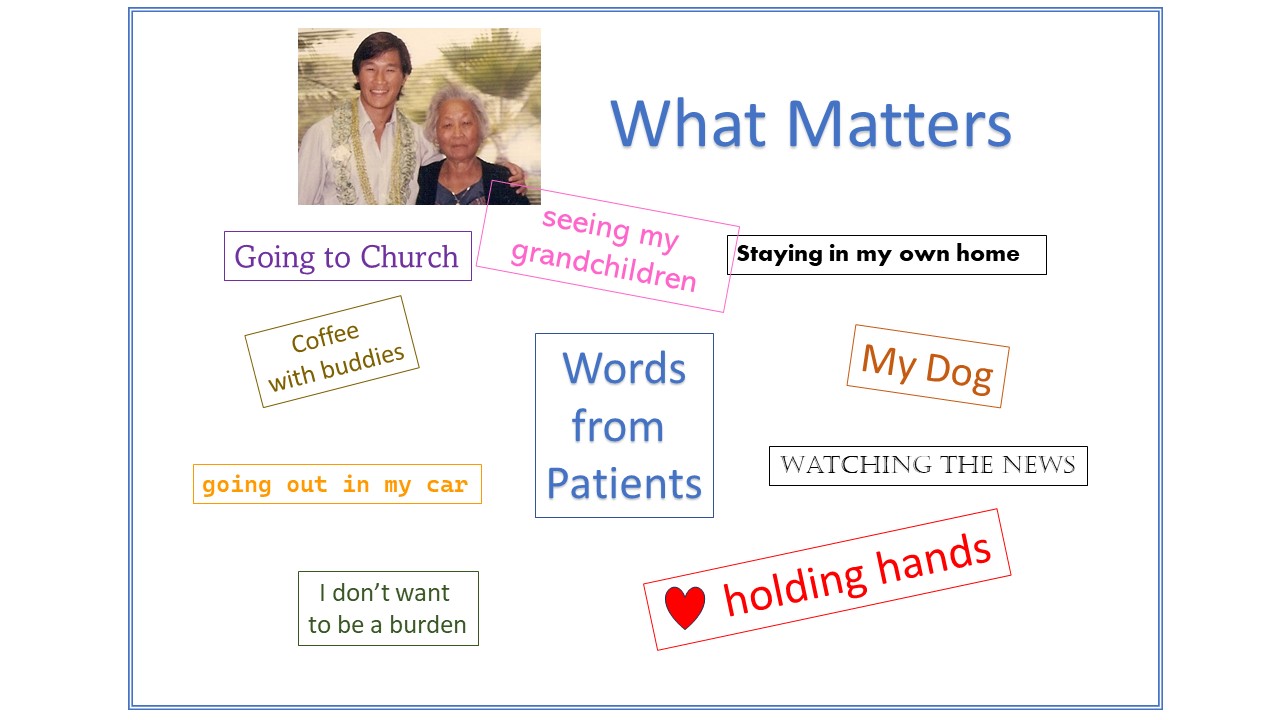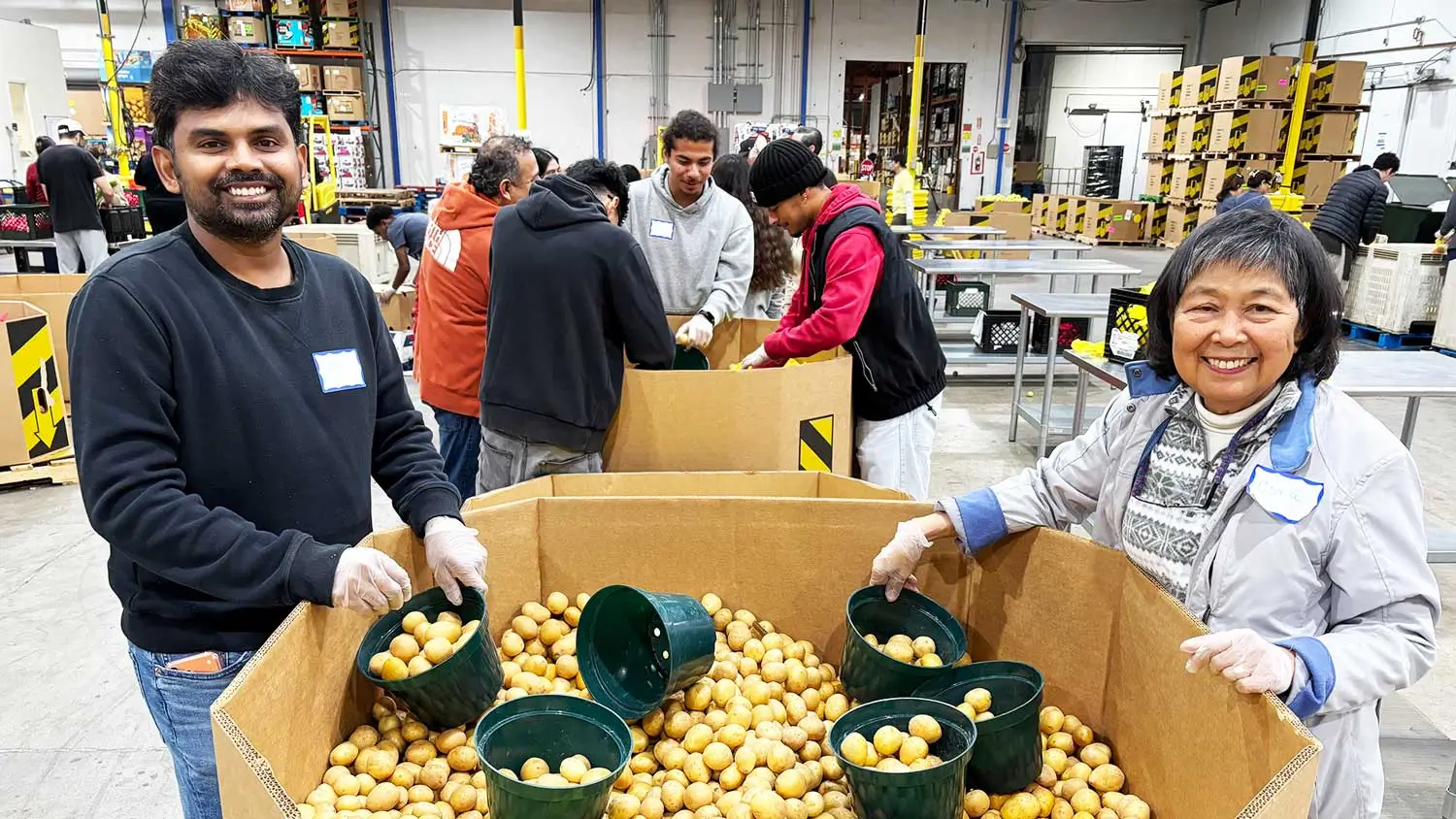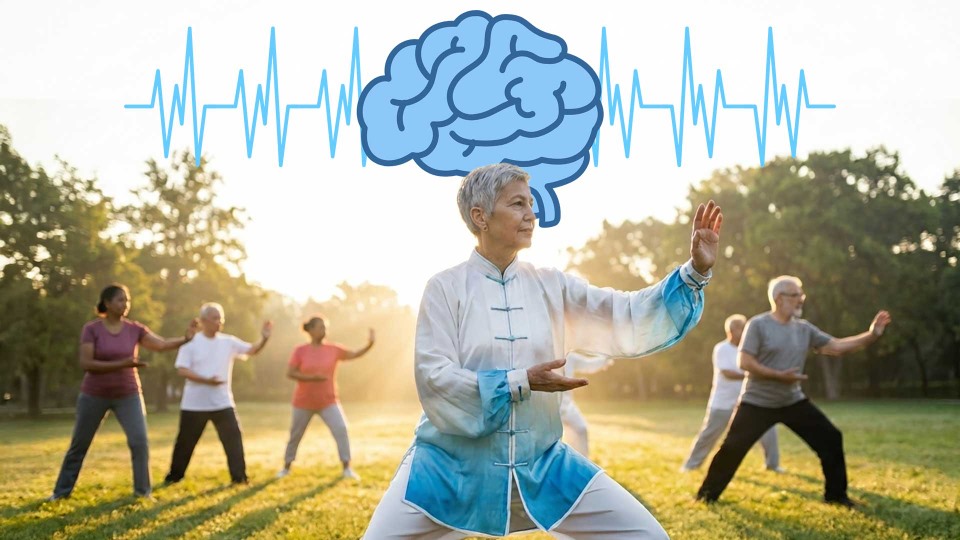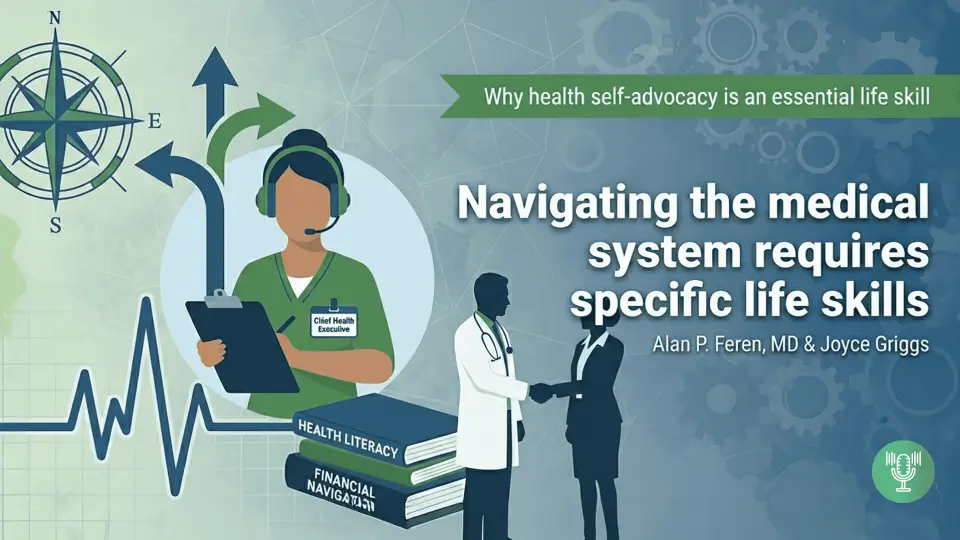Susan has had a fulfilling life. As a woman, she made it in the world of architecture and became quite successful. She raised 3 children and had many friends. She enjoyed golf and swimming. But life took an unexpected turn at the age of 75. Even though she had few risk factors, she started having memory problems. She was eventually diagnosed with Alzheimer’s Disease.
In a few short years, Susan has declined quite a bit. She is now frail. Her gait is unsteady, and she has fallen many times. One fall resulted in a hip fracture. She is now dependent and needs to be watched throughout the day.
Susan talks in complete sentences but will sometimes say that she needs to go home when she is in her own home. One time she drove “to go home” at night. Subsequently her car keys were hidden from her. There are sensors around the house. These interventions were appropriate. However, Susan feels trapped in the house. She has no control in her life. Susan says her life is awful now. Sometimes she says she would be better off dead.
Doing Good: Start with what matters
Most of us, if we live long enough, will have a period of frailty. Some of us will be diagnosed with Alzheimer’s Diseases. What will doing good mean for each of us under those circumstances? Good care for a frail older adult starts with assistance in basic and physical needs. Safety must be assured. But these “tasks” are insufficient if we have unmet emotional and spiritual needs. Each one of us will want support that is guided by what matters most to each of us. Finding out what does matter is a gift of love and respect. What matters to you is a very different question from “What’s the matter?” It tells a senior that who she/he is IS important. Whatever the person likes or dislikes, thinks, feels, experiences, enjoys, matters. Some people have rarely been given that gift their entire lives. A caregiver adds joy to life by making things that matter a priority. In turn, caregiving is enriched.
Finding out what matters
Some of us have the natural gift of being able to know how others feel. Some caregivers intuitively know what matters. But many of us do not have these skills:
Step 1. Take care of yourself first
Finding out what matters to another person requires extra effort. It starts off with your own frame of mind. We cannot presence ourselves if our thoughts are overshadowed by our own stresses.
Step 2. Create a strong connection.
Honest communication requires trust. Sometimes this takes a long time to establish. Past history often creates barriers. People may be hesitant to say certain things. People can also have difficulty expressing themselves. Show your ongoing commitment to bridging the gap. Sit down and make the person feel important. A gentle touch or comfortable interaction often helps. Sharing a personal thought can start a deep conversation. Nod your head or say “YES” when listening. These are emotional affirmations that encourage a person to speak.
Step 3. Tell me more.
The things that matter most are usually quite specific. When a strong connection is created, find out more. Ask questions such as: What do you always enjoy? What would be a dream come true in the next 6 months? What makes you happy? What makes you mad? What are you afraid of? Ask either/or questions to people who have cognitive impairment: “Would you like to go for a ride or stay home?”
Step 4. Pay attention to nonverbal communication.
Sometimes we can see what matters by just paying attention. What makes a frail older person happy? What leads to irritation or resignation? As Teepa Snow said, people with dementia are able to express what they want and what they don’t want. When we focus only on tasks, we can’t see what is right in front of us. Seeing how people respond helps us know what matters.

Image Credit: Geriatrics With Aloha
What really does matter?
As young children grow to be adults, the world gets larger. A baby stays at home, a child goes to school and a young adult moves into the world. As people grow frail, the reverse happens, and the world grows smaller again. There are fewer relationships but they are often more intimate. What matters is less about the future and more about the present. What makes life enjoyable now? Fewer things matter but they definitely matter.
There IS one specific thing that matters to most seniors. I have heard it over and over again from my patients. They want family members to get along; to put aside arguments about who is right or wrong. Unfortunately, although this does matter, it often falls on deaf ears.
There is also a spiritual and emotional challenge that frail older adults face on their own. It matters a great deal. It is the challenge of embracing life despite frailty. We can all play supportive roles by showing that their lives matter and what they want matters.






